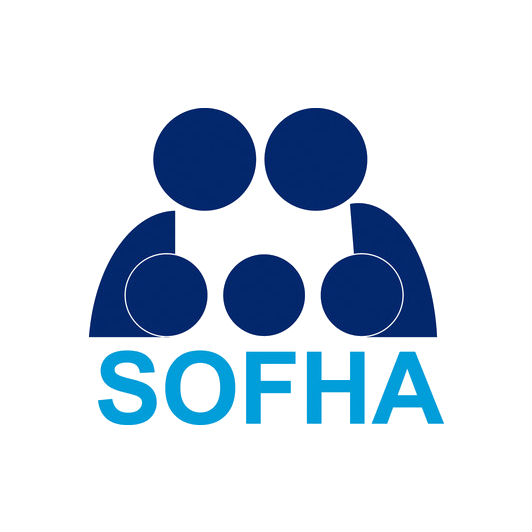

| 31 March 2016
Somaliland Family Health Association
Somaliland has an estimated population of between 3.5 and 4 million people and one of the world’s highest maternal, neonatal and infant mortality levels. Female Genital Mutilation (FGM) is a major problem in Somaliland with a prevalence close to 98%. Literacy rate is around 18% and Unemployment is extremely high with most families receiving remittance from family members abroad to meet their basic needs. Traditionally, the Somali people are nomadic. The infrastructure is very poor in terms of roads, human resources, water and electricity and that increase the difficulty in reaching a population on the move. Nevertheless, with all of those issues, The Somaliland people have demonstrated that they are a resilient, self reliant, consensus building and democratic people with a strong entrepreneurial spirit. Our Vision is a Somaliland in which every member is able and empowered to seek reproductive health information and services. And that those services are safe, available, accessible and affordable. Our mission is to increase the number and quality of services the Somaliland people receive through direct service, advocacy campaigns, trainings and research. Membership stands at around 100 Members representing Parents, midwives, nurses, doctors, youth and religious Leaders. Current Programs include counseling training for nurse/midwives, Every mother must receive birth spacing counseling ( pilot project at Edna Hospital), Islam and modern methods of birth spacing: Workshops with religious leaders, On campus events focusing on FGM, birth spacing, being a young woman and a mother, SRHR resource Library, HIV/AIDS: getting to zero in Somaliland. Partnerships are with the Ministry of Health, Ministry of Religious Affairs and Endowment, Ministry or Social Affairs and Labour, Edna Adan University Hospital, SOLNAC – Somaliland National Aids Commission, SLNMA – Somaliland Nursing and Midwifery Association, PSI International and with UNFPA Contacts Facebook: https://www.facebook.com/Somaliland-Family-Health-Association-SOFHA-582429758521238/

| 31 March 2016
Family Planning Association of India
Established in 1949, the Family Planning Association of India (FPAI) is a founding member of IPPF. Its work in sexual and reproductive health (SRH) covers safe motherhood and child survival, empowerment of women, male involvement, adolescent health and youth development. FPAI works closely with non-governmental organizations (NGOs) and the government. It runs 39 permanent clinics, 101 mobile facilities, and has a network of nearly 2,700 community-based distributors /services (CBDs/CBSs). It works with 563 private practitioners and 196 other agencies. In addition, FPAI operates 3 infertility clinics, a contraceptive retail sales programme, and a condom dispensing service. In total, FPAI operates over 4,000 service points. A community-centred approach is at the core of FPAI's work. Our programmes are designed to deliver improved health and standards of living, better decision-making, and greater self-reliance. It aims to enable men and women to form local voluntary groups to initiate action in communities. Work primarily focuses on under-served rural areas and urban slums. The organization exploits a variety of media to impart its message, including film, radio, newsletters, journals and other print materials, as part of a wide-ranging education programme addressing topics such as family planning, maternal and child health, the risks of unsafe abortion, infertility, the prevention of sexually transmitted infections (STIs) and counselling for newlyweds. FPAI encourages the empowerment of women through mahila mandals (women's groups), balwadis (nursery schools), and literacy and income generation programmes. It’s been addressing the concerns of young people in a holistic manner through 30 Sexuality Education, Counselling, Research, Training/Therapy (SECRT) Centres spread acrosss the country. The centres offer youth-friendly services that prepare young people for their future by building the confidence and self-esteem essential to forging healthy relationships. They also offer counselling and information on various developmental issues, including sex, coping with preer pressure, relationships, responsible sexual behaviour, marriage, parenthood, contraception and the prevention of STIs including HIV and AIDS. As an advocate, FPAI exerts influence through community representatives, through the media, and through representation on government bodies such as the Central Health and Welfare Council and Steering Committee on Population Education. Contacts Website: http://fpaindia.org/ Facebook: https://www.facebook.com/FPAI.national







